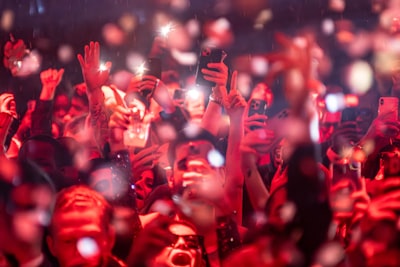When pop icons like Taylor Swift step on stage, they create more than a musical experience—they generate mass gatherings of hope, joy, and youthful exuberance. Yet, history repeatedly shows that these beacons of unity and escapism can inadvertently become stages for conflict and protest.
Consider this: from The Beatles during the Cold War, whose music was smuggled behind the Iron Curtain as an act of rebellion, to Beyoncé using her platform to channel messages of empowerment and social justice. Music, particularly in stadiums packed with thousands, has always been more than a show—it's a reflection of the surrounding world's anxieties and aspirations.
Why are concerts so frequently targeted or politicized? Perhaps because they represent rare moments when massive crowds unite—blurring social, political, or even national boundaries. This gathering of the like-minded, even for a pop spectacle, suggests the power of art to build communities, which inevitably draws the attention of those who wish to disrupt or challenge that unity.
But what would happen if we considered every concert not just as entertainment but as a stronghold of collective spirit—one worth defending? Can music really "shake off" the world's shadows, or does its very light make it a lightning rod?
This article was inspired by the headline: 'Syrian charged over plot to attack Taylor Swift Vienna concert '.

Comments
No comments yet. Be the first to comment!